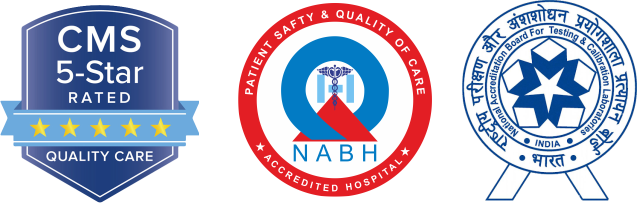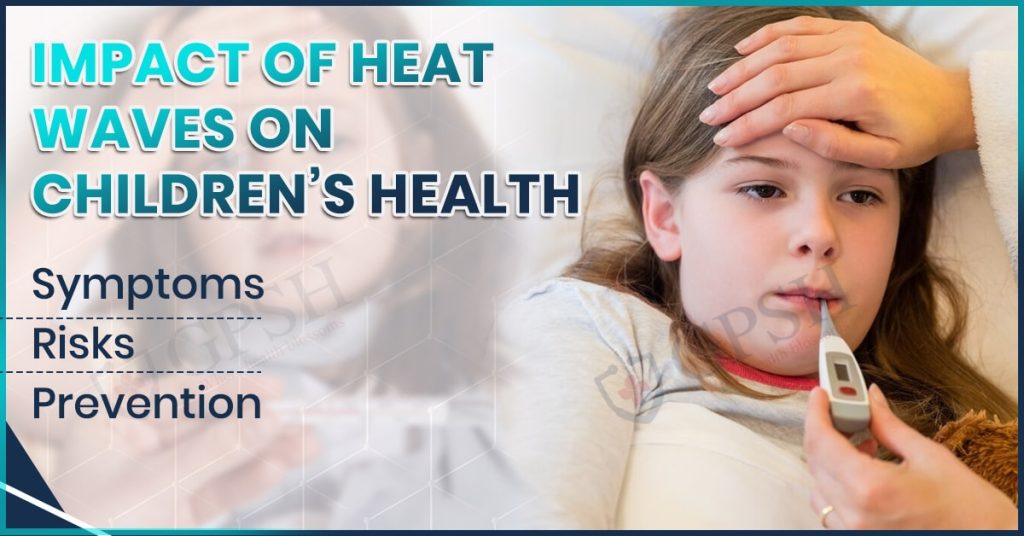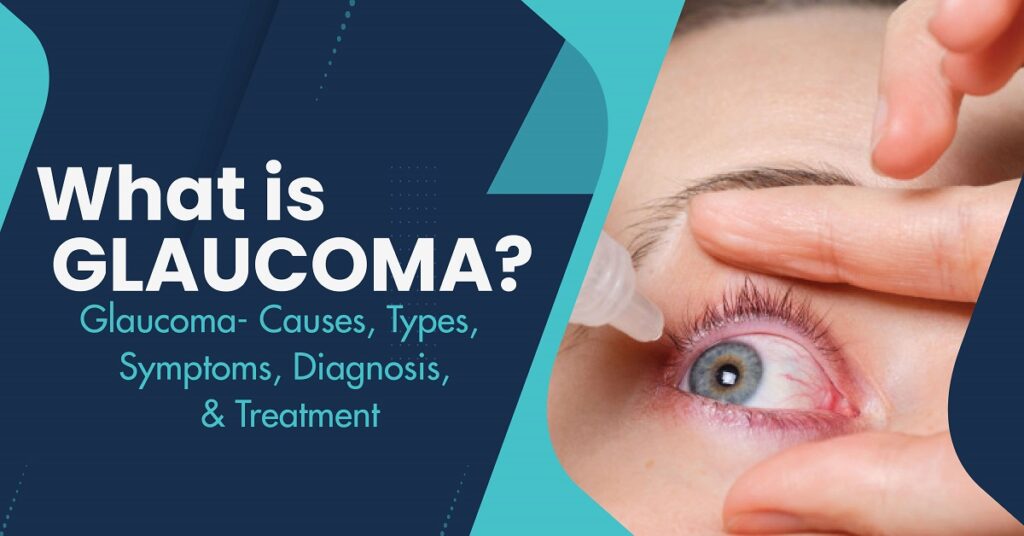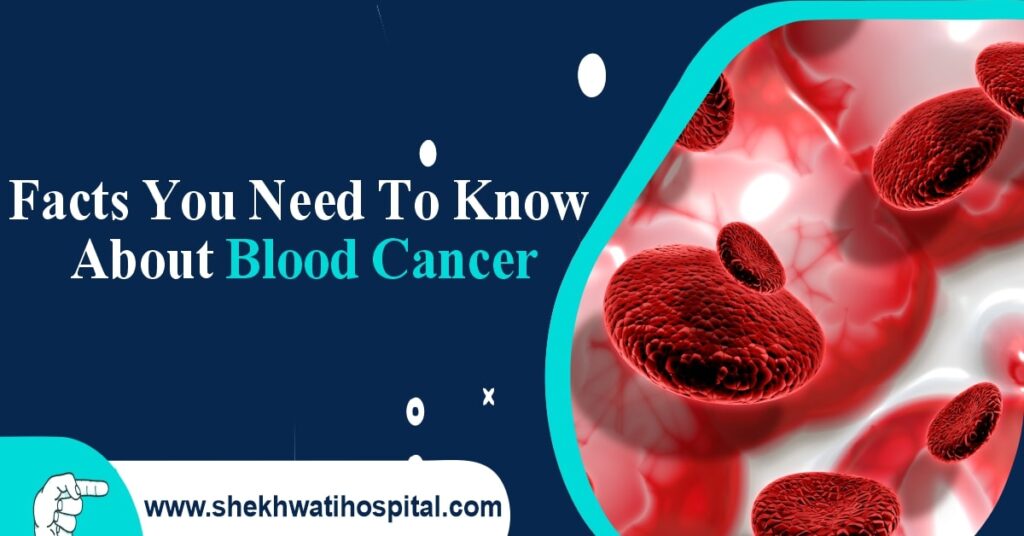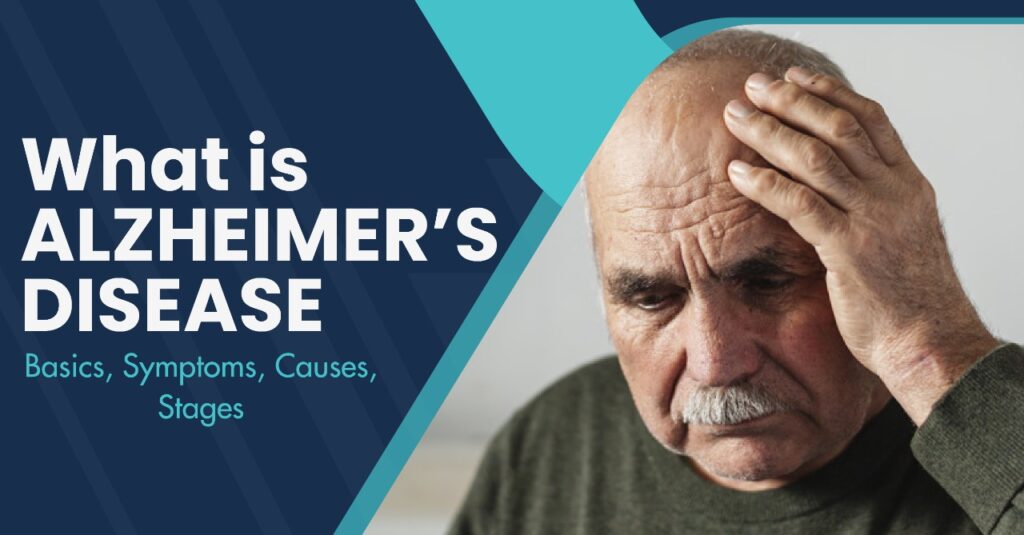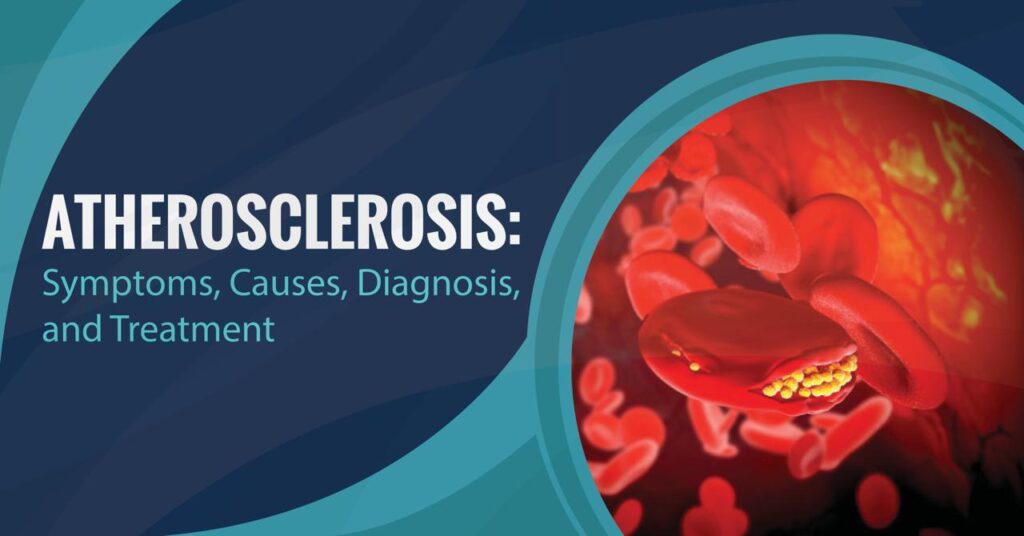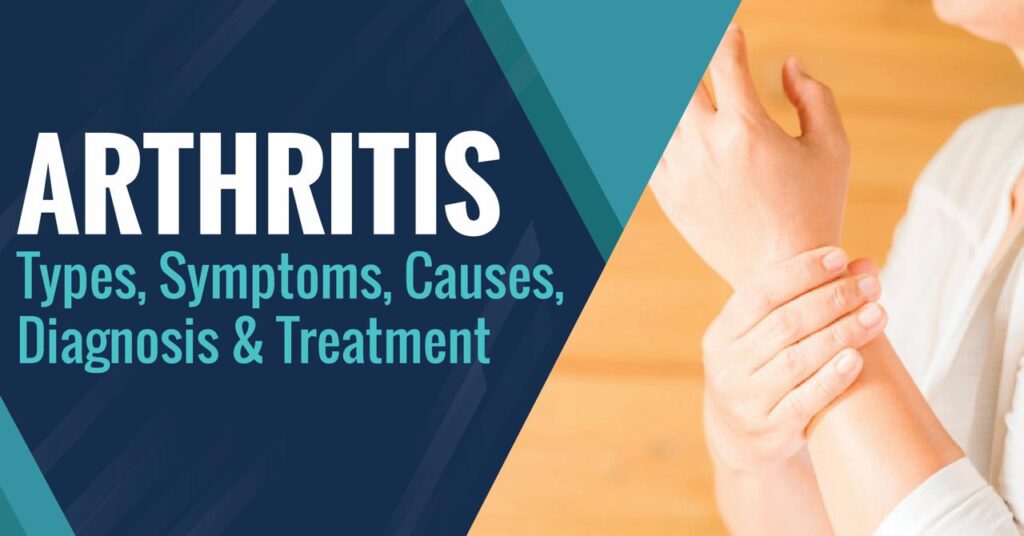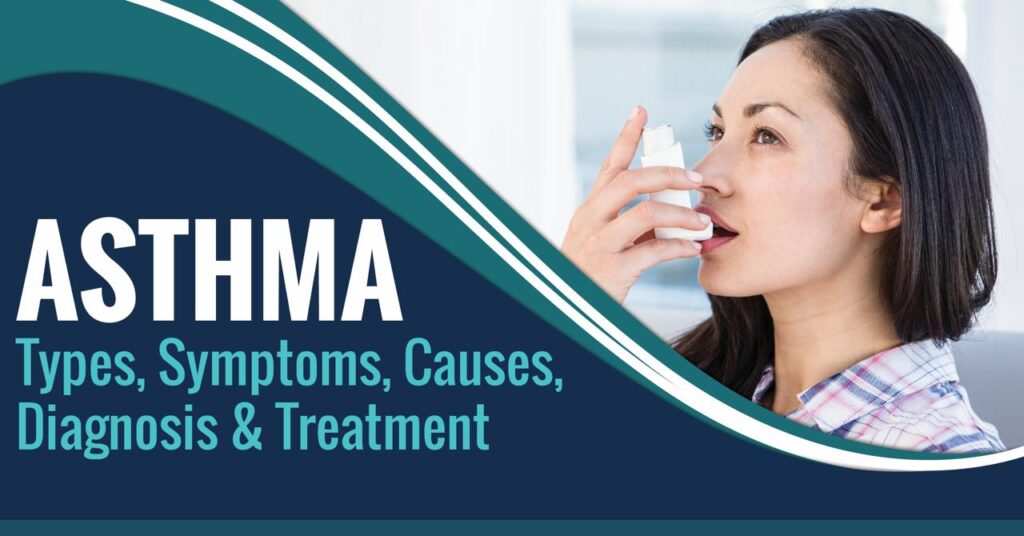Introduction
Illness caused by extreme heat Waves can impact the health of children considerably, as their bodies are highly vulnerable to extreme temperatures. Long exposure to extremely high temperatures can lead to dehydration and heat exhaustion, among many other dangerous complications.
The article explores symptoms children may exhibit during heat waves, the dangers associated with them, and practical tips that can help in protecting their health. Knowing all these aspects can guide parents and caregivers in the reclaiming tasks required to protect children from heat illnesses.
Understanding Heat Waves and Their Impact on Children’s Health
Heat waves are long periods of extremely high temperatures, usually accompanied by humidity that otherwise would severely weigh on child health. Here is how:
- Dehydration: Water is lost more quickly in children, so the danger for dehydration is higher.
- Heat Exhaustion: Children typically experience the numerous symptoms of heat exhaustion, including extreme fatigue, dizziness, and profuse sweating.
- Heatstroke: Severe condition of very high body temperature, confusion, and loss of consciousness.
- Skin Conditions: Long-term heat causes rashes, sunburns, and inflammation.
- Respiratory Illnesses: Breathing hot air in combination with pollutants could trigger asthma and other respiratory ailments.
- Compromised Immunity: Prolonged exposure to heat decreases immunity, thus predisposing children to infection.
- Behavioral Changes: Overheating could potentially be a cause for irritability, tiredness, and disrupted sleep.
You can read also:- Obstructive Sleep Apnea (OSA): Causes, Symptoms, Risk and Prevention Options
Why Are Children More Susceptible to Heat Waves?
They are more susceptible to heat waves due to several biological and behavioral factors.
- Higher Metabolic Rate: Children produce more internal heat during any physical activity and, hence, are more prone to overheating.
- Limited Sweating Ability: The sweating mechanism is somewhat less developed in children, which hinders efficient cooling.
- Smaller Body Surface Area: The high body surface area-to-weight ratio makes children absorb heat faster.
- Faster Dehydration: Because of a relatively higher fluid turnover, children lose body water at a faster rate than adults.
- Inability to Recognize Danger: Young children may not be aware of overheating or the necessity of drinking fluids.
- Dependence on Caregivers: Infants and toddlers will always depend on adults for correct hydration and measures such as shade or cooling.
What are the Symptoms of Heatwaves on Children
Children may show signs of heat-related illness with symptoms such as:
- Excessive Thirst: They ask for water too often or complain of having a dry mouth.
- Heavy Sweating: They sweat profusely and have clammy skin.
- Fatigue and Weakness: They feel a bit more tired or faint.
- Dizziness and Headache: Complaints of feeling lightheaded or headaches too much of the time.
- Nausea and Vomiting: Feelings of discomfort in the gut with a sense of having to cool down.
- Muscle Cramps: Pain or stiffness in the muscles, especially after an activity.
- Irritability and Restlessness: Mood swings or changes that are not so normal for them, or have difficulty concentrating.
- Rapid Heartbeat: Reflex increased pulse due to the body’s action of working harder for self-cooling.
- Red, Hot, or Dry Skin: Red appears skin, dry, or even overly warm to the touch.
- Confusion or Drowsiness: May have disrupted consciousness and coordination under severe heat effects.
Health Risks of Heat Waves on Children
Extended exposure to heat waves can present severe health threats to children, for instance:
- Dehydration: Excessive sweating causes fluid loss, leading to weakness, dizziness, and dry mouth.
- Heat Exhaustion: The condition is characterized by weakness, excessive sweating, nausea, and muscle cramps.
- Heat Stroke: A critical condition with very high body temperatures, epitomized by disorientation and loss of consciousness.
- Skin Conditions: Longer exposure can cause sunburns, heat rashes, and irritations.
- Electrolyte Imbalance: Excessive fluid loss leads to disturbances in salts and minerals that govern contractions of muscles and nerve impulses.
- Respiratory Challenges: Some children suffering from asthma or allergic conditions can show aggravated symptoms because of the low air quality during heat waves.
- Immunity Issues: Continuous exposure to heat stress may compromise the body’s ability to fight infections.
- Kidney Stress: Dehydration and heat stress may adversely affect kidney function in a young child.
You can read also:- Tips to Take Care of Your Skin in Summer
How to Protect Children from Heat Waves
To protect children from heat waves, preventive measures should be taken:
- Keep Flush: Children should drink a lot of water in a day, even if they do not feel thirsty.
- Dress Lightly: Wear loose, lightweight, and light-colored clothes for extra cooling of the body.
- Limit Outdoor Activities: Indoor play can better occupy kids during the hours of extreme heat: 10 a.m. to 4 p.m.
- Provide Shade: When going outside, provide shade with umbrellas, hats, etc.
- Cool Indoor Environment: Keep homes cool with a good ventilation system, fans, and A.C.
- Healthy Diet: Water-dense food, especially fruits, should be provided, especially watermelon, oranges, and cucumber.
- Frequent Breaks: Make them give periodic rest during any physical activity to prevent overheating.
- Cool Showers or Wipes: Bathe him or her in cool water or wipe their skin with a damp cloth to cool down.
- Never Leave Children in Cars: Doing so for even a minute can lead to fatal heat exposure.
- Watch for Symptoms: Look for symptoms of heat exhaustion commencing with fatigue, dizziness, or excessive thirst.
When to Seek Medical Attention?
When attending to a child during the heat wave, an emergency calls for the following signs to present themselves:
- High fever (above 103°F/39.4°C): Possible sign of heatstroke.
- Skin feels hot, red, or dry: Warm to the touch with little or no sweat.
- Confusion or Dizziness: Disorientation, confusion, or sudden person suddenly.
- Heart is beating rapidly, breathing rapidly: Body has started to cool down.
- Severe headache or vomiting for long periods: Pain persists or vomits repeatedly.
- Blackout or loss of consciousness: A medically serious sign necessitating urgent care.
- Extreme weakness or muscle cramps: If this does not improve with rest and hydration.
Conclusion
Severe health impacts posed by heat waves on children could cause dehydration, heat exhaustion, or even heatstroke. Such extreme conditions could cause heightened dangers for children. Most important are the early recognition of symptoms and preventive measures to keep them safe.
The Pediatrics unit specializes in the diagnosis and treatment of heat-related illnesses in children, for which Pediatric care is responsible. For an expert diagnosis, treatment, and complete care, Shekhawati Hospital provides its advanced medical facilities to save a child from the adverse effects of extreme heat conditions.

